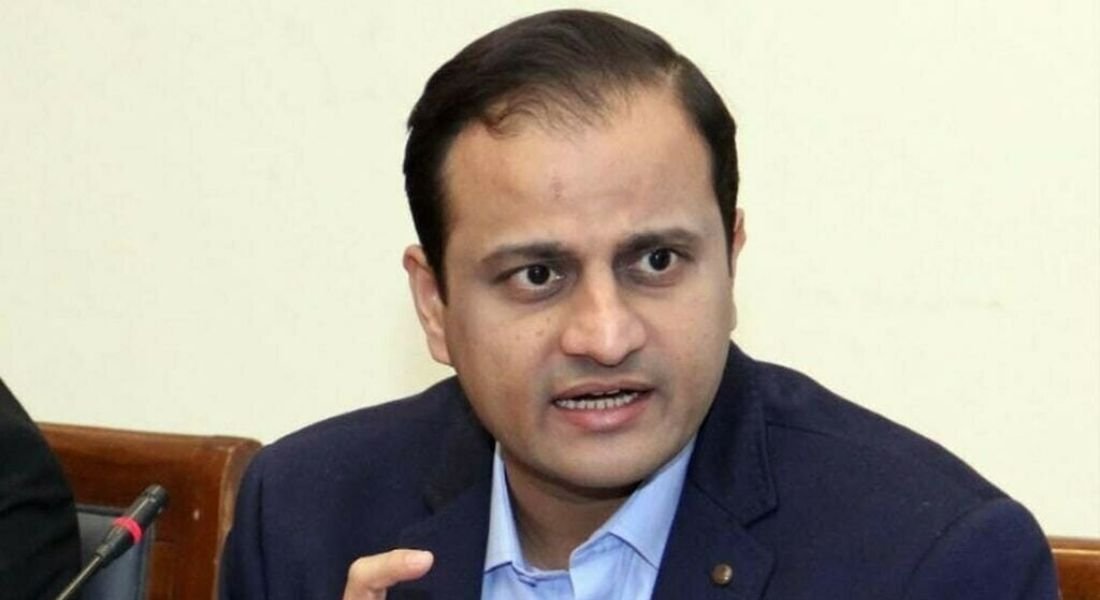Pakistan’s economy faced a staggering loss of Rs 65 billion in 2023 due to internet shutdowns, affecting 83 million people across the country. The total duration of these shutdowns amounted to 259 hours, according to the latest data released by Attesta, a German organization specializing in data collection.
The report places Pakistan as the seventh most affected country in terms of economic losses caused by internet shutdowns during the last financial year. The economic impact is a grim reminder of the growing reliance on digital connectivity for economic activities and the severe consequences of its disruption.
Despite this significant financial hit, Pakistan was not alone in experiencing the detrimental effects of internet shutdowns. The report highlights that India, often cited for the longest internet shutdowns, saw an extensive disruption that affected 470 million users. However, in terms of financial losses, Russia tops the list, where a 1,350-hour shutdown resulted in an estimated loss of $4 billion, affecting 11.3 million users.
In Pakistan, the shutdowns were often implemented as a means to control public unrest or prevent the spread of misinformation during sensitive periods. However, these measures came at a considerable cost, both economically and socially. The impact on businesses, particularly those reliant on e-commerce and online services, was profound, further exacerbating the country’s already struggling economy.
The economic loss of Rs 65 billion is a stark illustration of how critical internet access has become for the functioning of modern economies. The 259-hour blackout not only disrupted daily life but also had a ripple effect on sectors like finance, education, and healthcare, which increasingly depend on digital infrastructure.
The global context of internet shutdowns presents a troubling picture. India, which is the fourth-largest country in terms of internet connectivity, recorded the highest number of shutdowns, particularly in regions like Occupied Kashmir and Rajasthan. These shutdowns were often preemptive measures by the government to quell potential protests or in response to ethnic tensions, as was the case in Manipur.
Despite the significant number of users affected, India’s financial loss was estimated at Rs 8 billion, a figure substantially lower than Russia’s, which saw a $4 billion hit. The Indian government’s frequent use of internet shutdowns in politically sensitive regions has drawn international criticism, yet the practice continues as a tool for maintaining control.
The frequent internet shutdowns in Pakistan, India, and other countries underline a growing trend of governments resorting to digital blackouts in times of crisis. While these measures might offer short-term solutions to control civil unrest, the long-term economic and social costs are substantial.
For Pakistan, the loss of Rs 65 billion is a significant burden on an already fragile economy. The disruption of online services not only hampers business operations but also affects the country’s international reputation as a reliable place for digital investment. Moreover, with 83 million people impacted, the social ramifications are equally concerning, affecting everything from communication










